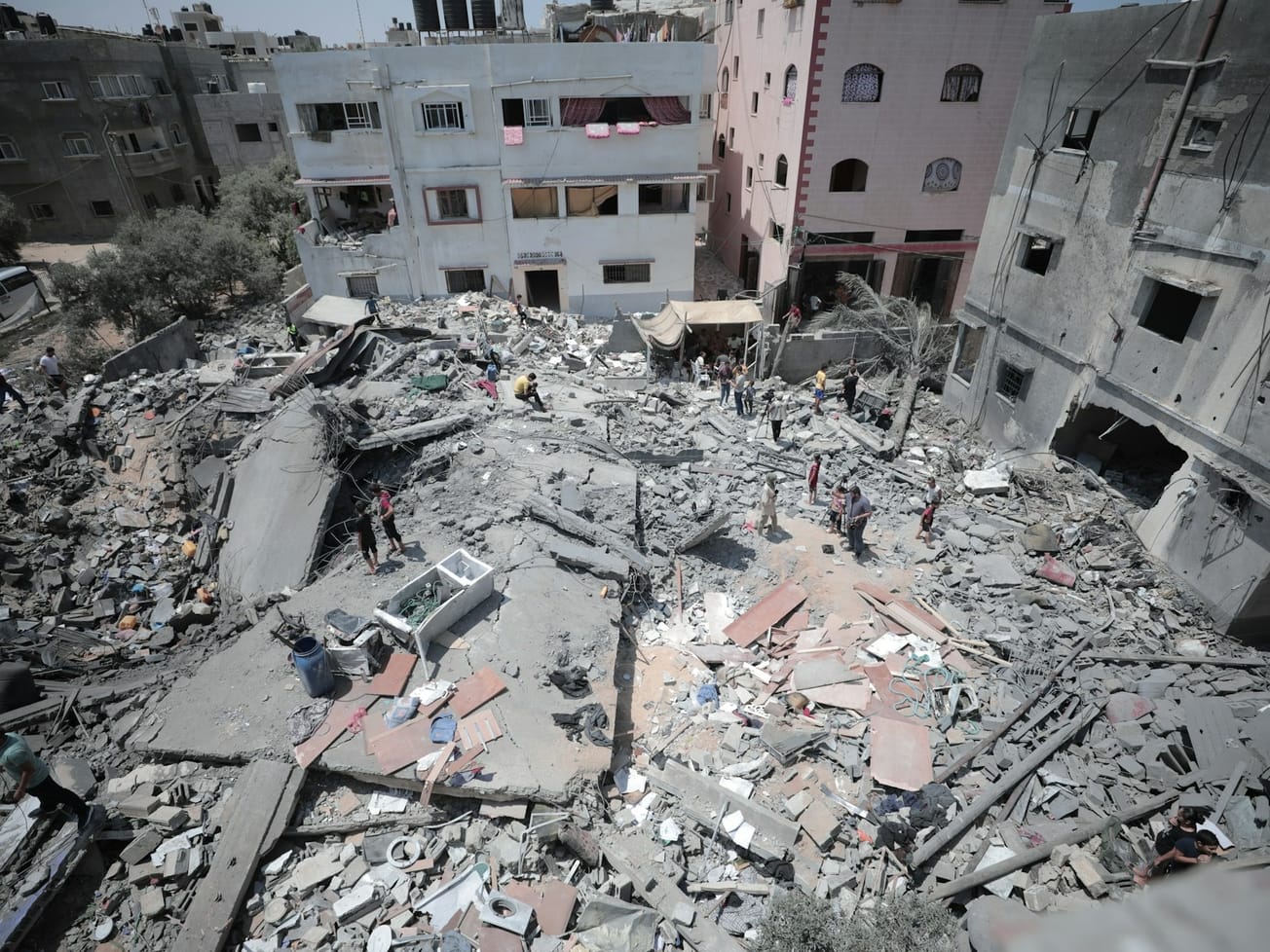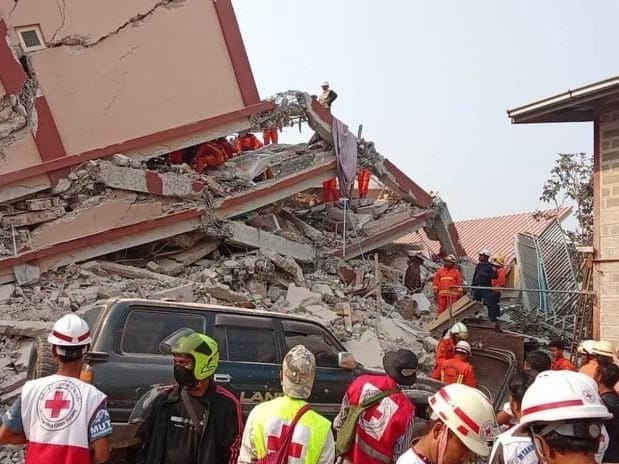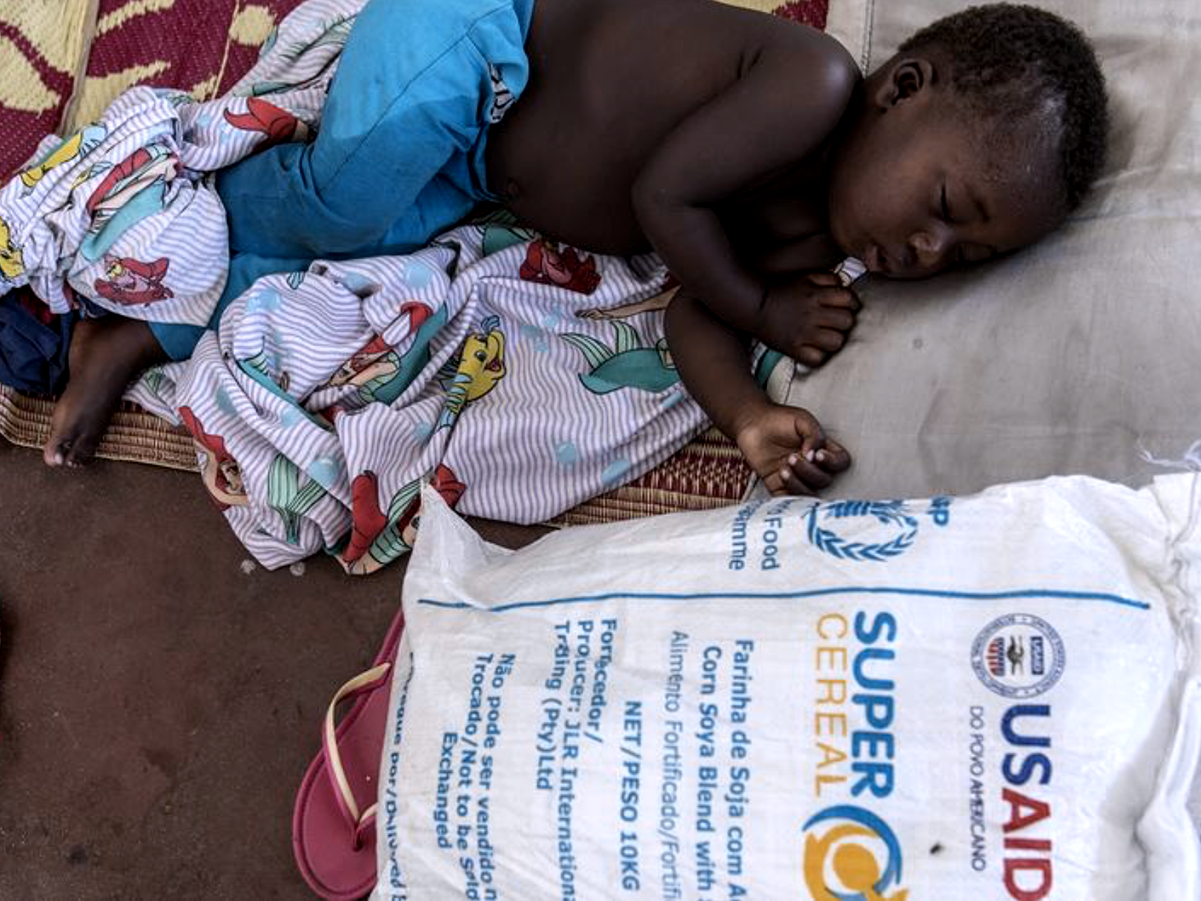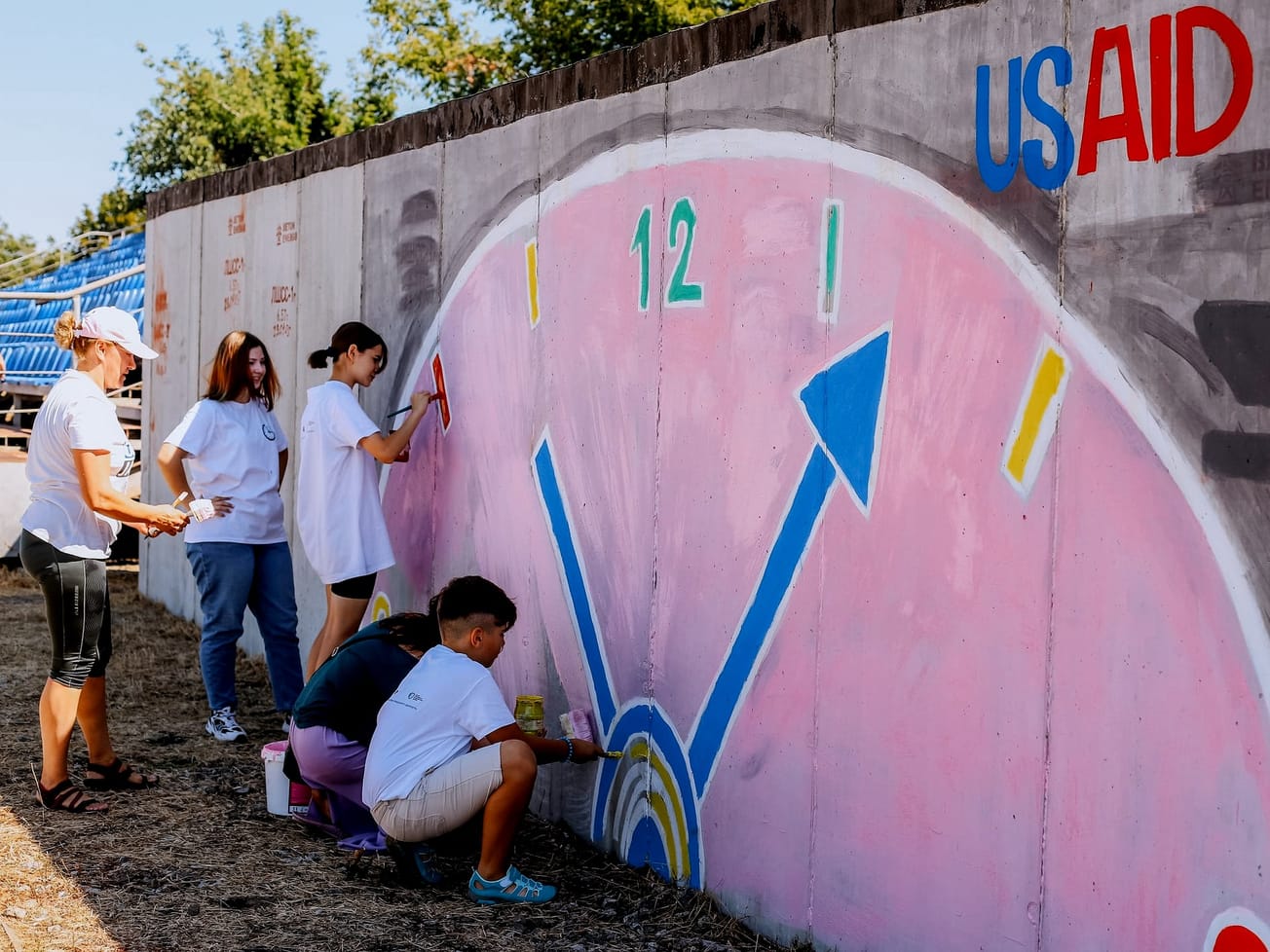As fears grew that the Gaza war could spread in the Middle East, Israel and Hamas traded blame for the explosion that killed hundreds in a Palestinian hospital and international aid organizations struggled against dwindling supplies and aerial bombardments to help civilians trapped by the fighting.
A humanitarian aid convoy of 20 trucks carrying life-saving supplies finally arrived in Gaza on Saturday, the first such delivery to the besieged territory since Hamas' surprise morning rocket against Israel on Oct. 7. Food, water and medicine – but no fuel – provided by the Egyptian Red Crescent and United Nations was handed over to the Palestinian Red Crescent with the support of U.N. personnel.









